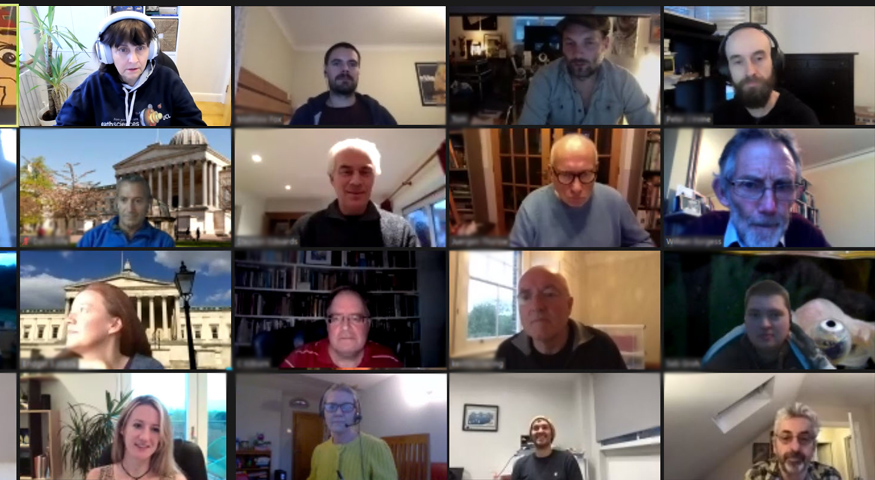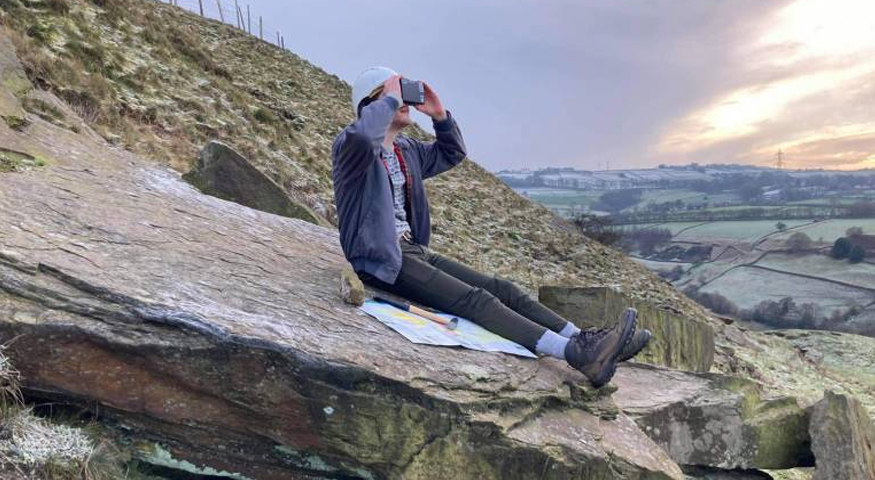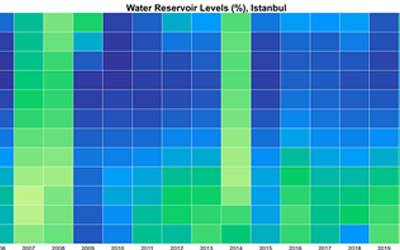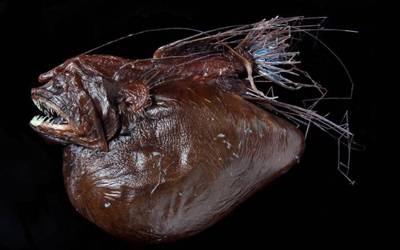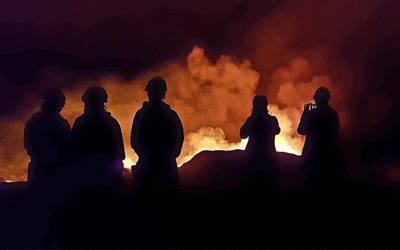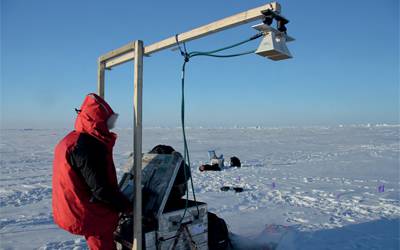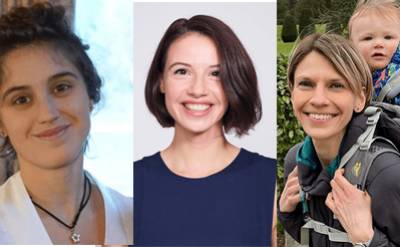Departmental Newsletter Spring 2021
Student Experience: Britney Assam's profile
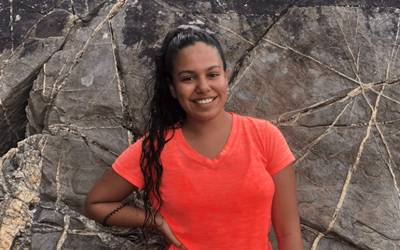

I grew up with tectonic activity as part of my everyday life and as such my interest in the Earth Sciences was fostered at a young age.
Meet the Staff: Dr Martin Homann
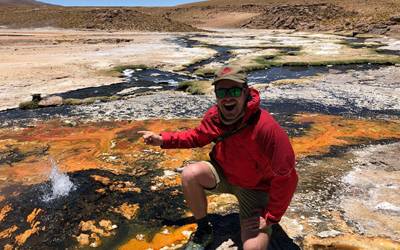

I found it fascinating that it is possible to read sedimentary rocks like a book. Each layer holds its secrets & tells a different story, if you look closely enough.
PhD News: Drought risks in Turkey
Sustainable and efficient use of water resources in drought periods will be achieved with the water saving methods outlined in the scope of the study.
Research: Life flourish in ocean’s twilight zone
Life populating the shadowy ocean flourished thanks to the cooling of the Earth’s climate over millions of years.
Research: Kīlauea’s massive 2018 eruption
As the plane came into land in Kona airport, I noticed immediately that the air was thick and hazy with volcanic fog, known as "vog".
Outreach: Bringing research to schools
Students have gained first-hand experience of cutting-edge climate research & learned about the polar regions and their impact on climate change.”
Events: The Women in Earth Sciences Group
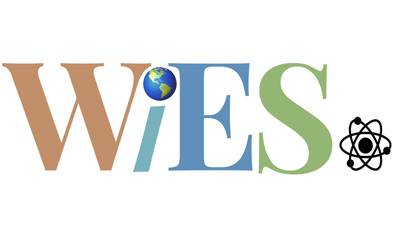

We aim to support the progression of women and gender minorities in Earth science, through a range of seminars, forums and events.
Awards: Geological Society Awards 2021
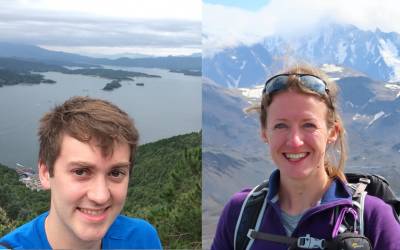

Drs Emma Liu and Andy Thomson are being honoured for their contributions to the geosciences and the geoscience profession.
Alumni News: Career event with past alumnae
Our Alumni talked about their chosen professions, experiences & shared their thoughts on diverse careers in earth sciences.
Update from Prof Paul Upchurch, Head of Department.
Although Covid-related restrictions on our working practices continue, the Department is poised to return to something approaching normality. We are formulating our plans for how we will teach in October, with a strong likelihood that face-to-face sessions (with nearly normal population densities) will be allowed in our teaching labs. Such sessions will focus on those practical and field skills that students have missed over the past year. Moreover, we continue to innovate, with the introduction this year of new modules on “Origin of life and exobiology” and “Numerical modelling of mantle dynamics”, as well as plans to increase the options and flexibility available in our MSc in Geophysical Hazards from October 2022.
Even under the extreme pressures imposed by Covid19, Earth Sciences staff have continued to produce world-class research and engage with issues of vital importance to society. A few recent highlights include the award of the Bigsby Medal of The Geological Society to Bridget Wade, who is also an author on the 2021 Science paper entitled “Temperature controls carbon cycling and biological evolution in the ocean twilight zone”. Emma Liu and Andy Thomson were awarded the Wollaston and Murchison Funds, respectively, of The Geological Society. Adam Cotterill won the prize for Best Flash Talk at the annual Volcano and Magmatic Studies (VMSG) conference, for his PhD talk entitled “Application of the dual-band method for determining surface temperatures at Manam volcano, Papua New Guinea”. I was also delighted by the recent news that the MAPS Faculty has agreed to provide two years of financial support for our Geobus – an outreach programme run by Amy Edgington, John Brodholt and Lidunka Vocadlo, that reaches around 20,000 school children per year (even during Covid restrictions). Finally, UCL will launch the Climate Action Unit in July, led by Chris Rapley and colleagues.
I am sure Departmental life will not have returned entirely to normal by October, but it does seem probable that many of the most upsetting and stressful restrictions will have been removed or greatly reduced by then. I know staff and students alike are looking forward to meeting face-to-face and taking part in those planned and serendipitous interactions that lie at the heart of any successful organisation. In the meantime, I wish you an enjoyable summer and hope you can make the most of our growing freedom.
 Close
Close


